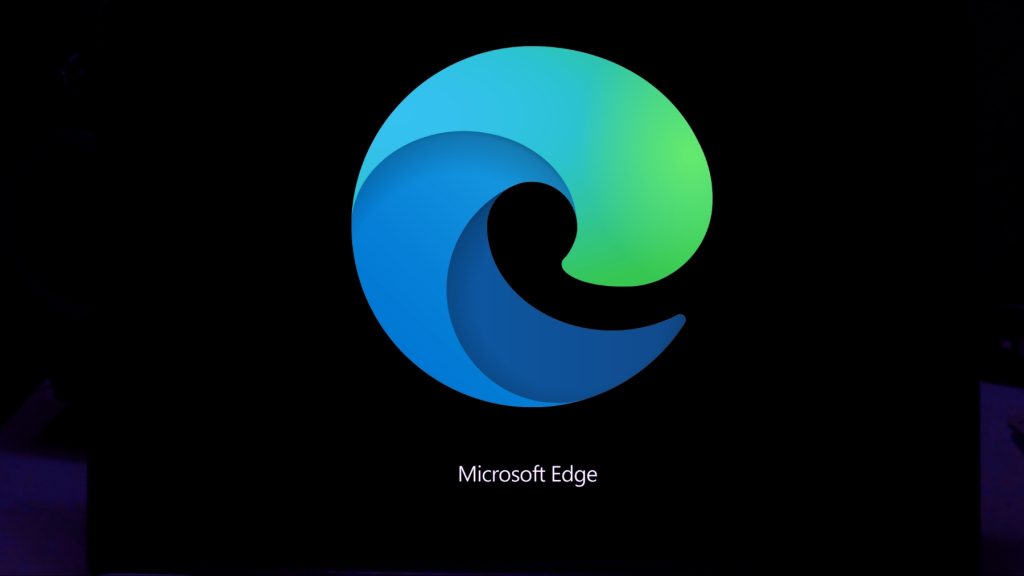
In a September 17 letter to the European Commission, Vivaldi, Waterfox, and Wavebox companies, alongside Open Web Advocacy group, backed Opera’s legal claim against the Commission’s exemption of Microsoft’s edge default browser presence from the Digital Markets Act (DMA).
The DMA is the European Union’s moving force to rein in tech giants and, in effect, is supposed to set the rules for online services that act as a gateway for consumers’ access. This would encourage competition and give consumers a portfolio of service providers from which to choose.
The signatories of the letter pointed out that being the default browser on all Windows computers provides an immense advantage to Edge over its competitors, stating that “no platform-independent browser can hope to come close to Edge’s superior distribution advantage on Windows.”
For Microsoft, the impact of setting Edge as default browser means perpetual growth in user adoption, evidencing how deeply inlaid the Edge browser is within Windows, making it hard for independent browsers to find a foothold.
Despite the fact that Edge exists, it only takes up about 5% of the global market share, while Google’s Chrome dominated with a whopping 66%, according to StatCounter. That alone raises questions about just how fair these current market dynamics are, especially with the prevalence of make Edge default browser prompts on Windows devices. Moving further down in the letter, it also criticized Edge for misleading users with pop-up messages that falsely represented competing browsers’ features, while some users also reported frustration with the default browser keeps changing to Edge issue, making it harder to switch to alternatives.
The European Commission has previously dismissed the idea that Edge constitutes a gatekeeper, meaning Microsoft would have to comply with more active supervision under the DMA.
In its February ruling, the European Commission explained that the DMA forces Microsoft to ensure it is easy for users to uninstall any software applications. However, the letter argues that existing practices continue to allow “unfair practices” to persist within the Windows ecosystem, particularly when it comes to Edge settings default browser options. Users have found it increasingly difficult to change default browser in Microsoft Edge, raising concerns about the transparency of these processes.
Final Thoughts
The effects of this continuous debate are more likely to be seen in the competitive dynamics of the browser market in Europe. Smaller players such as Vivaldi, Waterfox, and Wavebox look for their way in the market developed by technology giants. The EU review of the classification given to Edge could mean changes that will ensure a much fairer game for competition, thus offering more options for consumers.
As per discussions, every word from the European Commission and Microsoft will be analyzed closely. The result might well change the browser landscape and how consumers interact with software applications on their devices. Given what is at stake for both independent browsers and tech giants alike, the situation remains very fluid and demands close attention in the months ahead.
Inside Telecom provides you with an extensive list of content covering all aspects of the tech industry. Keep an eye on our Tech sections to stay informed and up-to-date with our daily articles.